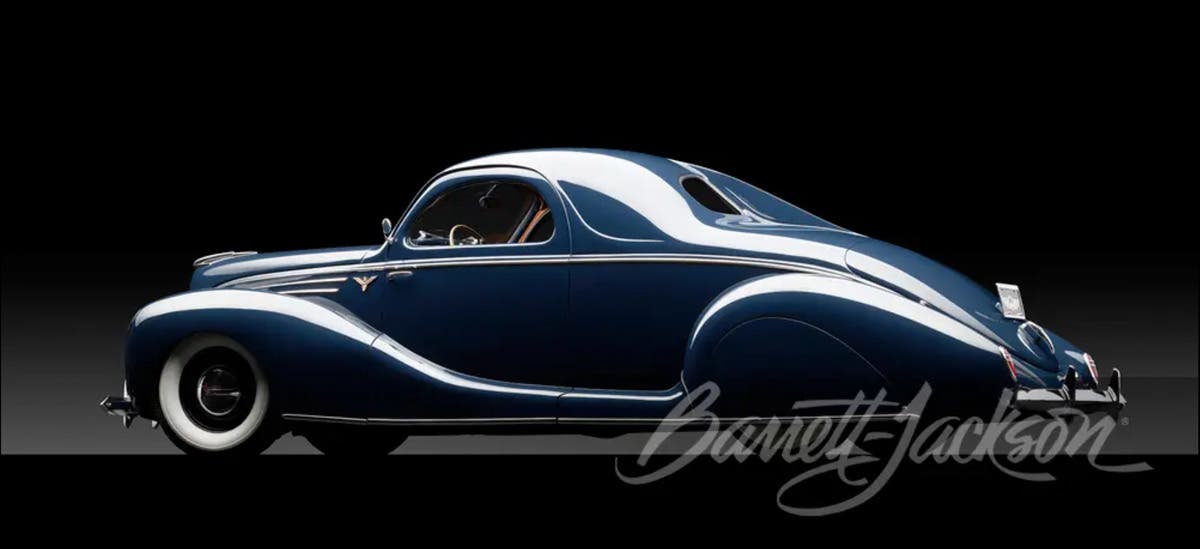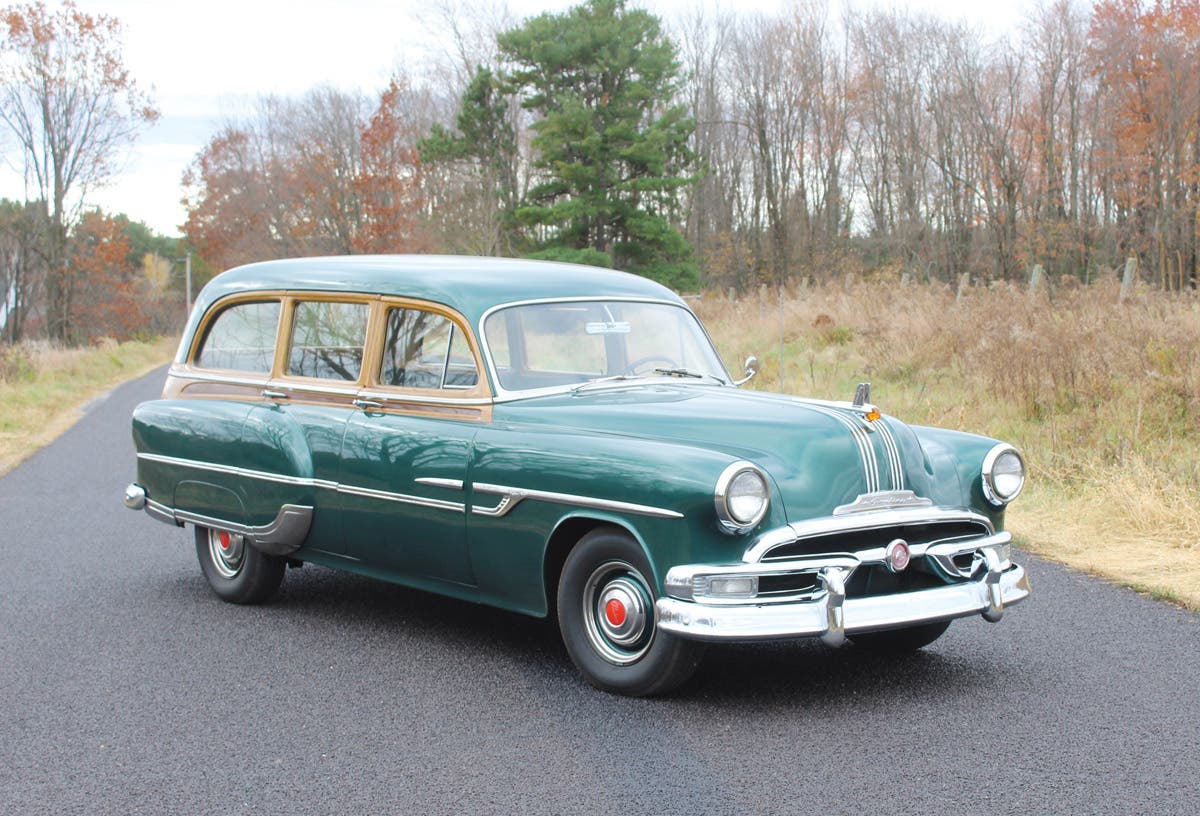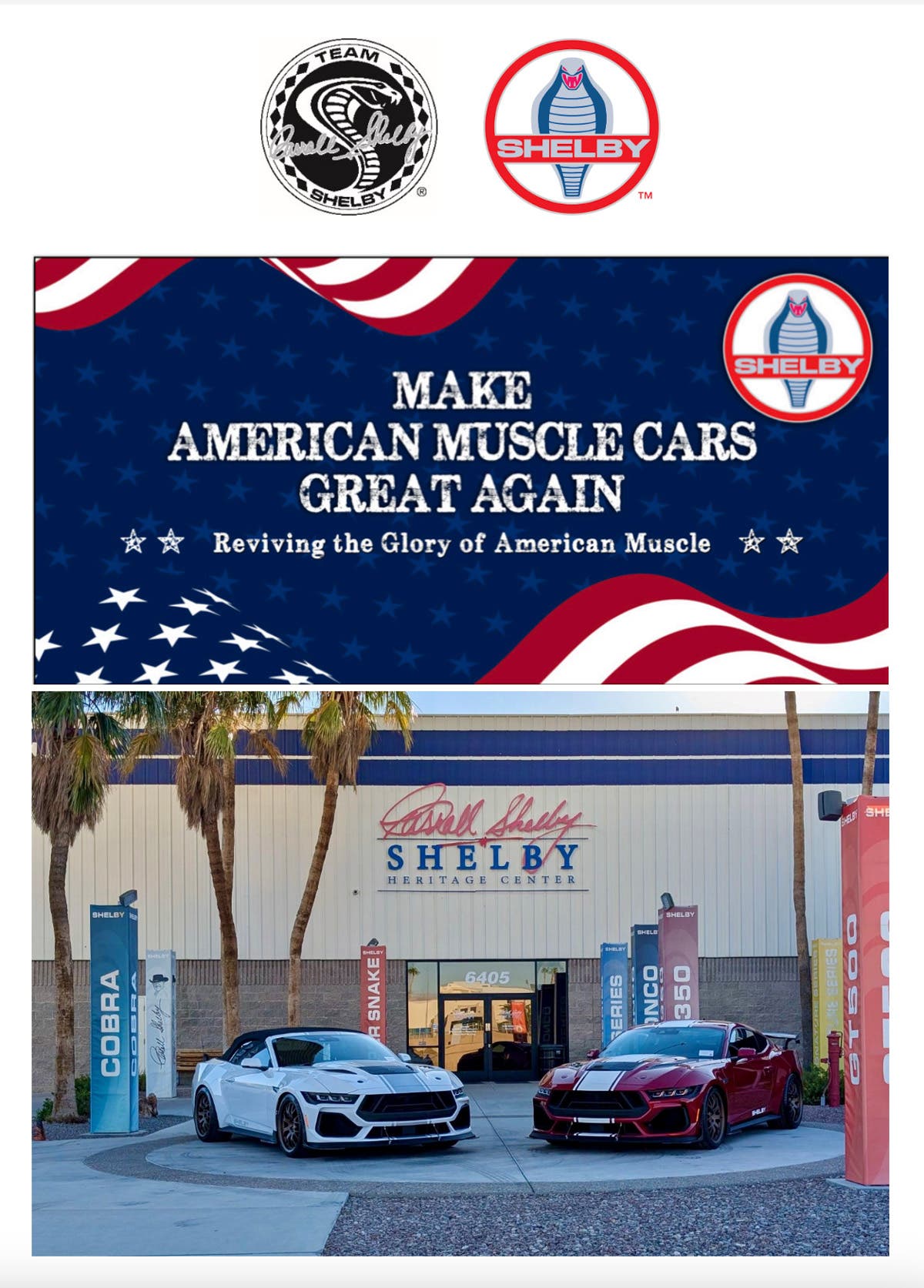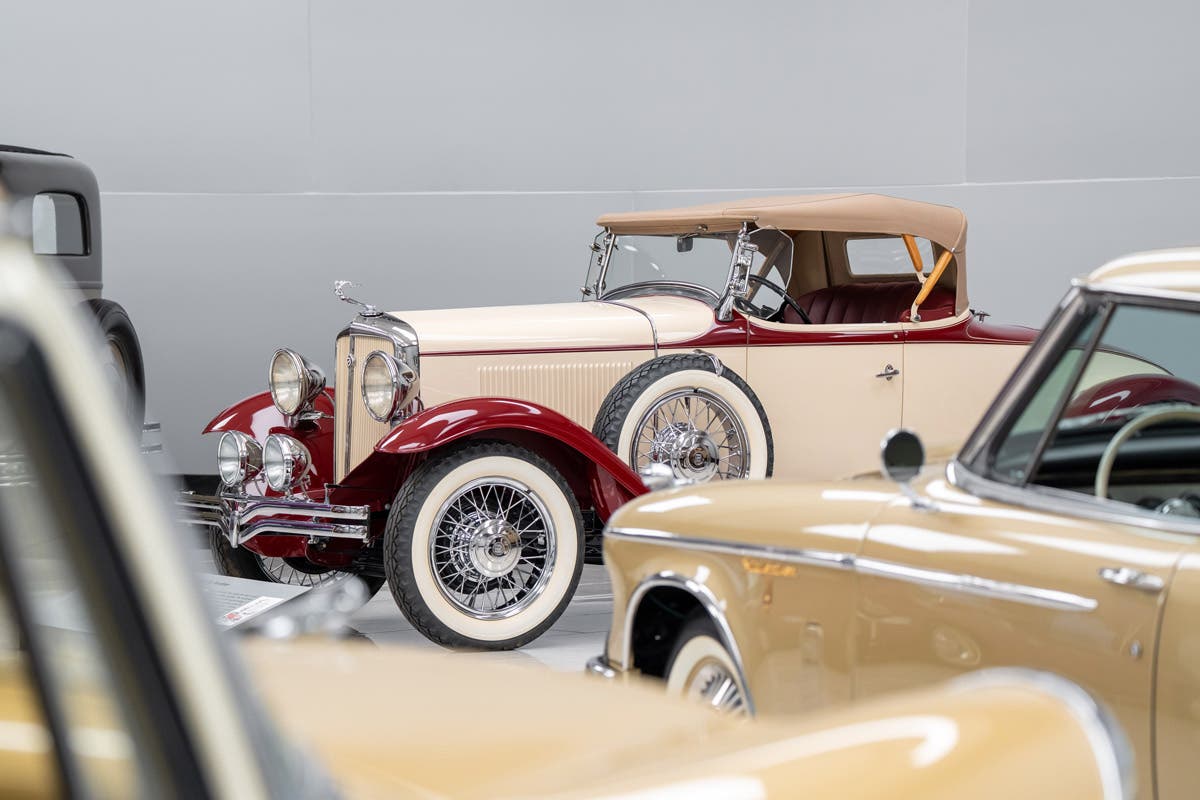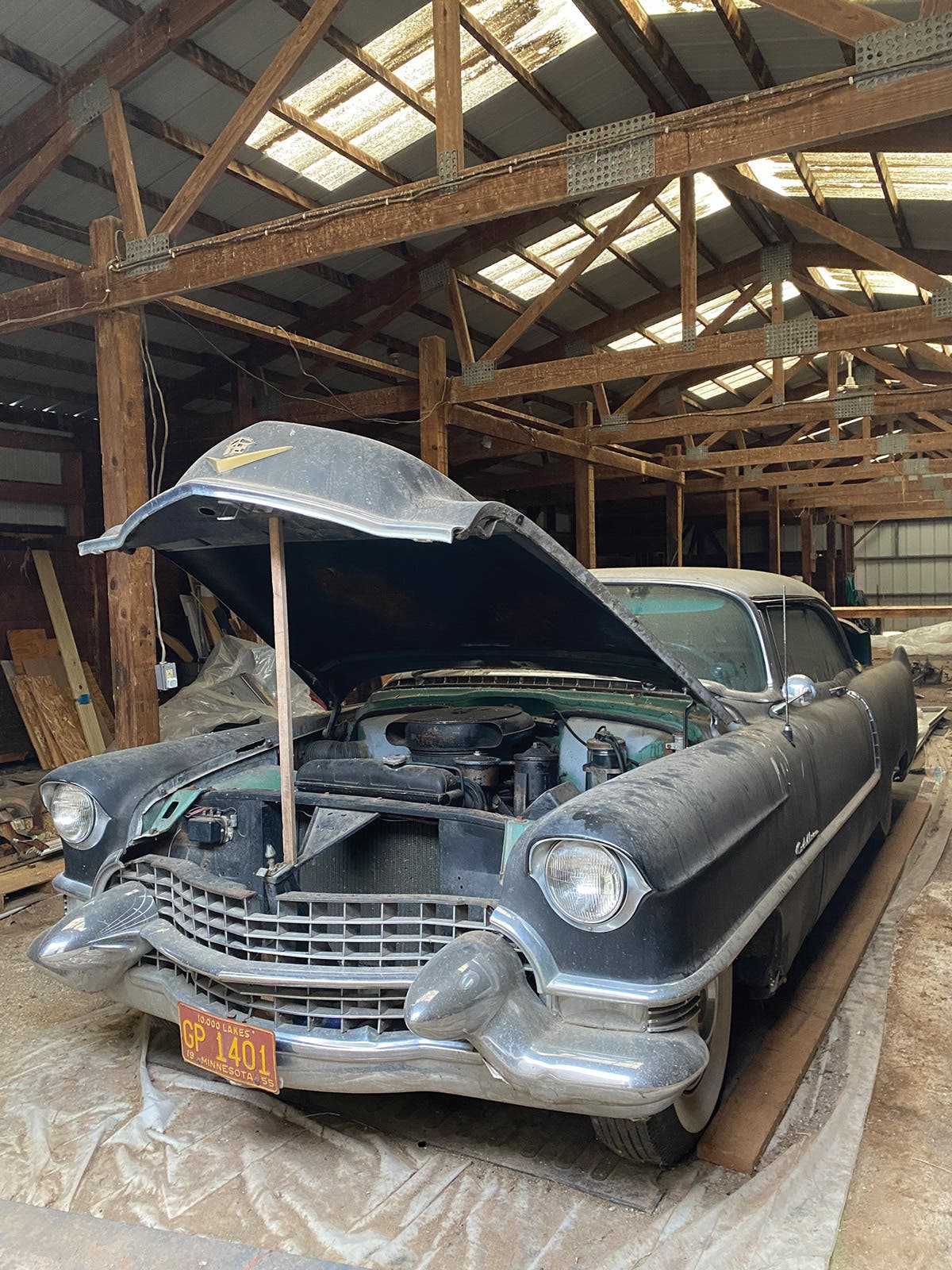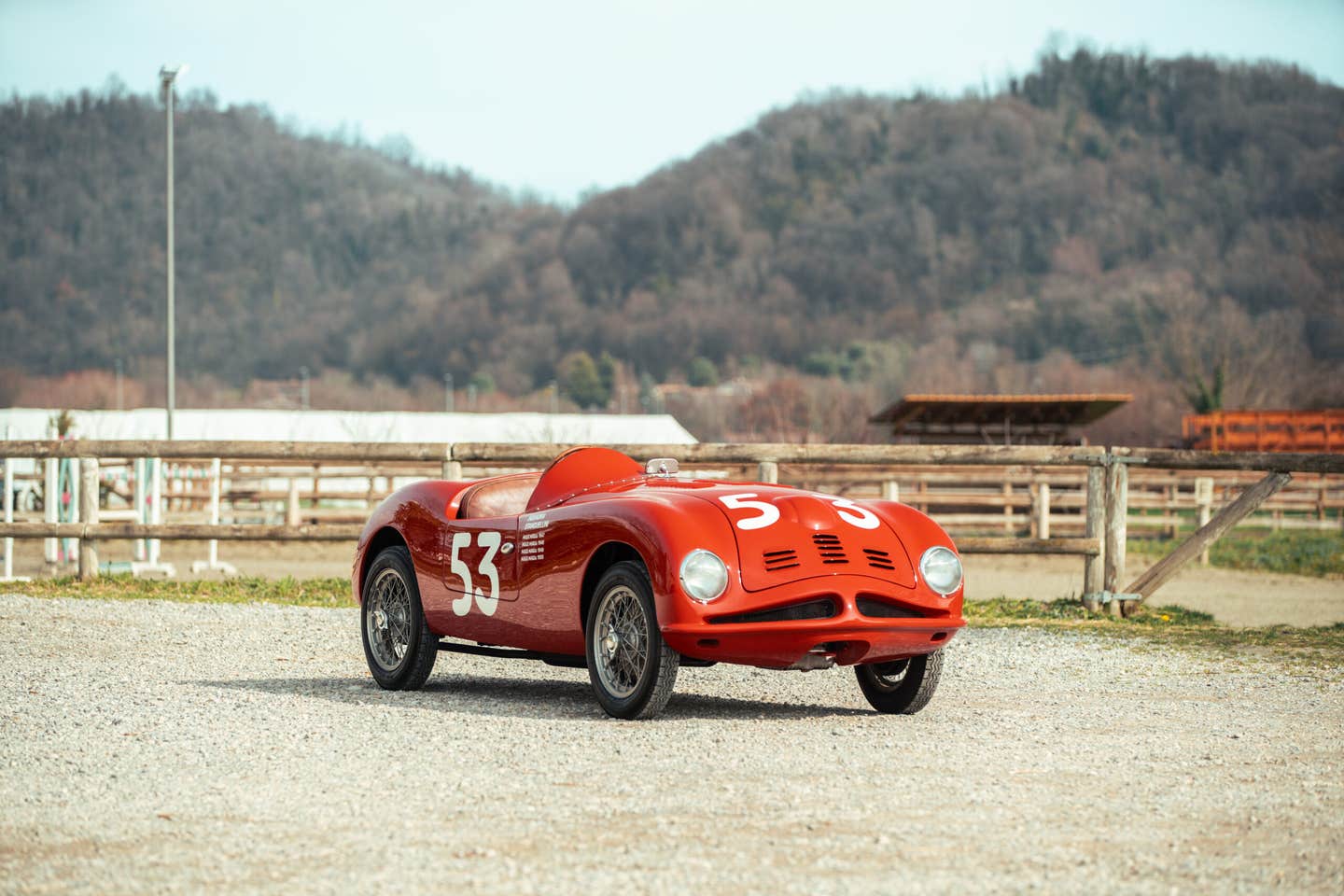Wisconsin vehicle equipment case is being watched
By John Gunnell Modified vehicle enthusiasts throughout the United States deal constantly with the question of what equipment is mandatory or legal on their hobby cars. This concern also trickles…
By John Gunnell
Modified vehicle enthusiasts throughout the United States deal constantly with the question of what equipment is mandatory or legal on their hobby cars. This concern also trickles over into the collector car hobby when law enforcement officers stop a classic car for not having equipment such as seat belts or directional signals that wasn’t required when the car was built and therefore isn’t required today.
To make matters worse, many equipment laws vary from state to state. And to add to the confusion, even when the laws are the same in two states, the way in which the laws are interpreted may vary. Groups such as the Specialty Vehicle Market Assoc. (SEMA) do a good job fighting for the interests of car hobbyists and keeping track of legislative issues, but some of the equipment standards are still hard to unravel.
The Wisconsin Specialty Vehicle Council--an umbrella group for hot rodders and old-car enthusiasts in Wisconsin—is watching a court case that centers around hot rodders in the Dodgeville, Wis. area receiving equipment violation citations or 10-day fix-it tickets for operating modified cars without fenders, hoods or proper exhaust systems. One of the hot rodders has pleaded not guilty and is going to court over the tickets.
Equipment violation concerns were previously raised in Wisconsin in the spring of 2016. At that time, meetings were held around between Wisconsin State Patrol representatives and Wisconsin auto enthusiasts. The Automobile Gallery in Green Bay hosted a special-vehicle-equipment-standards meeting for Northeast Wisconsin car hobbyists that Old Cars Weekly attended. We reported that Sergeant Mark J. Abrahamson of the Wisconsin Department of Transportation’s Division of State Patrol, had presented an informed discussion of how and why such standards are enforced.
In the current situation, hobbyists contend that 1990s laws are being misinterpreted and incorrectly applied. Hot rodders believe that the 2016 meetings highlighted that misinterpretation of the 1990s laws and were causing issues for the auto enthusiast community regarding titling, registration and vehicle equipment inspections. They pointed out that a state patrol representative recognized the consequences of the misinterpretations and stated that correcting the misinterpretations would require changes to be made to what was being taught at Wisconsin’s State Patrol Academy.
According to the enthusiasts, a follow-up meeting was held in March, 2018 in Madison at which representatives from the Wisconsin Department of Motor Vehicles/Vehicle Services, Wisconsin State Patrol, Wisconsin Specialty Vehicle Council and National Street Rod Assoc. met to discuss the issue and the state patrol said new legislation was required to change some 1990s laws to conform to new interpretations.
The enthusiasts reacted by stating that the 1990s laws had worked for 29 years and changing them to comply to new interpretations was unnecessary. Apparently, Wisconsin State Patrol representatives did not embrace this solution. Some of the hobbyists say that when they asked for additional meetings on the subject, the state patrol representatives stated that there was “nothing more to discuss.” The focus now is on the May 2nd court case in Dodgeville and how it turns out will affect what happens next.
UPDATE: May 6, 2019
Iowa County Court in Dodgeville, Wis.- The ‘32 Ford owner--ticketed for having no hood or fenders--decided appeared in court.
Over 20 hot rodders and car enthusiasts interested in the case and its impact on vehicle equipment law interpretations showed up at the court. According to a spokesman for the Wisconsin Specialty Vehicle Council, some of these interested parties came from the local area, others from Madison and some made a 250-mile trip from other locales.
A status hearing is designed to determine what the case involves and whether it can best be dealt with via a plea bargain or discovery issues or whether the case should be brought to trial. The status hearing date is usually not the same as the trial date.
Appearing at the status hearing was the car owner, the judge and the District Attorney (who just recently replaced a DA who passed away). No representative of the Wisconsin State Patrol was present. It was pointed out that the Wisconsin State Patrol had informed the Court that the frame of the 1932 Ford was not an original frame. The Wisconsin Specialty Vehicle Council did not know why a non-original frame was an issue.
The court instructed the 1932 Ford owner and the District Attorney to get together to try to resolve the ticket situation. The court said if they cannot come to an agreement, they must appear in court on June 13, 2019 to set a date for a jury trial.
“The Judge and the District Attorney gave no indication of what they thought about the legality of the tickets and there was no discussion about the tickets,” the Wisconsin Specialty Vehicle Council spokesman noted.
As everyone quietly got up and walked out of the court room, the judge smiled and asked why all the people had come there. “We are here to show support,” said the Wisconsin Specialty Vehicle Council representative. “We all learned a bit more about our court system and we will return June 13. This fight is not over.”
Underlying the case are personnel changes that seem to affect how vehicle equipment laws are being interpreted. The Wisconsin State Patrol put a lot of work into improving those regulations several years ago, but apparently there is still not across-the-board agreement on how to apply the wording of the laws. The hobby groups have offered to sit down with authorities and discuss the issues at hand. So far, that hasn’t happened.



